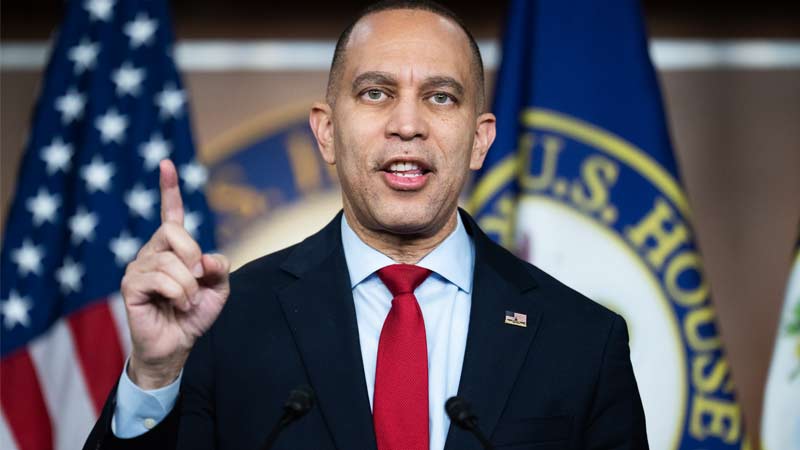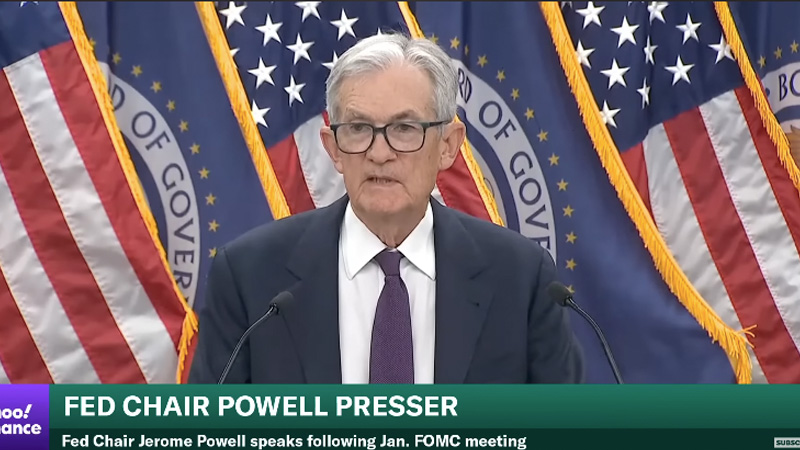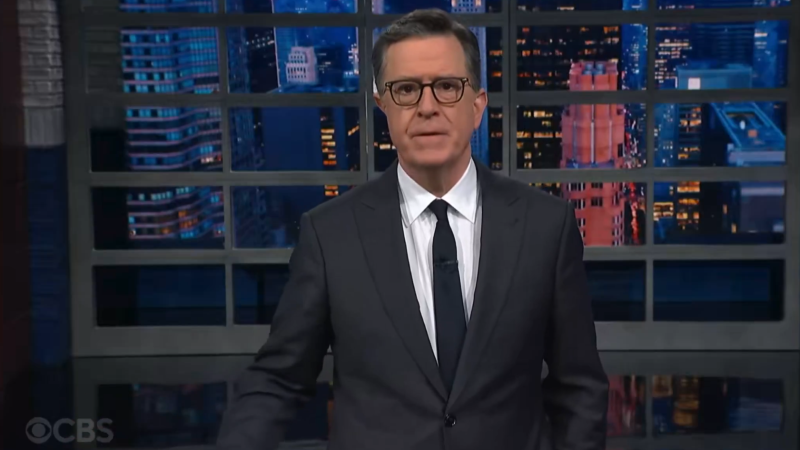
U.S. Americans’ trust in vaccines — especially COVID-19 vaccines — has dropped, according to a survey conducted by the Annenberg Public Policy Center at the University of Pennsylvania. The policy center blamed the results on “greater acceptance of Covid vaccine misinformation.”
U.S. Americans’ trust in vaccines — especially COVID-19 vaccines — has dropped, according to a survey conducted by the Annenberg Public Policy Center at the University of Pennsylvania.
The survey results detail the most recent wave of responses — collected in July — from a nationally representative sample of 1,496 adults, most of whom have been routinely surveyed in the project since April 2021. Roughly 100 of the adults were added after 2021 due to attrition of the survey’s initial participants.
In addition to showing an overall decline in willingness to vaccinate, the results showed what an Annenberg Public Policy Center press release called a “greater acceptance of Covid vaccine misinformation.”
The survey results follow on the heels of the U.S. Food and Drug Administration’s approval last week of updated COVID-19 boosters for ages 6 months and up.
Kathleen Hall Jamieson, Ph.D., who directs the Annenberg Public Policy Center and leads its survey efforts, said in the press release, “With the CDC reporting that COVID-19 infection remains an ongoing threat and an updated vaccine available, now is the time to ramp up awareness both of the value of vaccinating against COVID-19 and of the risks of contracting the disease.”
The survey report did not define “misinformation” but described it in passing as a “science-inconsistent response.”
The Annenberg Public Policy Center did not immediately respond when The Defender asked for a clearer definition.
‘Incorrect’ to believe COVID vaccines caused thousands of deaths
The survey findings reveal that, as of July, more than a quarter of U.S. adults (28%) — up from 22% in June 2021 — “incorrectly” believe that the COVID-19 vaccines have been responsible for thousands of deaths, according to the report’s authors.
“The percentage who know this is false,” they added, “declined to 55% from 66%.”
The number of U.S. adults who believe the “false idea” that it’s safer to get a COVID-19 infection than to get the vaccine more than doubled (now 22%) since April 2021 (10%).
The percentage of U.S. adults who “incorrectly” think the COVID-19 vaccine changes people’s DNA rose from 8% in April 2021 to 15% in July 2024.
Jamieson said, “Belief in these three misconceptions is associated with increased reluctance to vaccinate.”
The Defender asked Jamieson for her thoughts on how to foster an effective dialogue between those, such as herself, who are concerned about vaccine “misinformation” and those who have suffered a vaccine injury or whose loved ones were vaccine-injured.
She did not respond by our publication deadline.
Few people remain worried about COVID infections
According to the Annenberg Public Policy Center’s press release, its survey results also showed:
- Relatively few are worried: Only 1 in 5 people (20%, July 2024) are somewhat or very worried they or someone in their family will contract COVID, down from 25% in February 2024 and 35% in October 2023.
- Decreased interest: Under half of those surveyed (44%) said in February 2024 they are “somewhat likely” or “very likely” to get a yearly COVID-19 vaccine if it is recommended by the CDC, down from 52% in June 2023.
- Benefits vs. risks: Two-thirds of Americans (66% in July 2024) say the benefits of taking COVID-19 vaccines outweigh the risks — but that is lower than the percentage who say the benefits outweigh the risks for the mpox vaccine (70% in July 2024), RSV (respiratory syncytial virus) vaccine for adults 60 and older (74% in October 2023), and MMR (measles, mumps, rubella) vaccine (89% in August 2023).
- Covid-19 vaccines seen as less safe and effective than others: As of [the] October 2023 survey, fewer people regard COVID-19 vaccines as safe (66%) and effective (65%) than a variety of other vaccines: MMR (81% safe, 83% effective); flu (81% safe, 75% effective); shingles (78% safe, 73% effective) or pneumonia (74% safe, 69% effective).
- A hypothetical trivalent vaccine: In July 2024, less than half of those surveyed (49%) would be likely to take a combined single-shot mRNA vaccine to protect against flu, RSV, and COVID-19 if one existed and the CDC recommended it. At the same time, 27% say they would be “not at all likely” to take such a single-shot mRNA vaccine.
Nearly 1 in 3 doubt effectiveness of HPV vaccine
According to the survey, U.S. adults are skeptical about other vaccines, not just the COVID-19 shots.
Roughly a third (32%) of U.S. adults said they were unsure of the effectiveness of the human papillomavirus (HPV) vaccine.
Additionally, 23% were uncertain about the pneumonia vaccine, 19% doubted the shingles vaccine, and 47% were unsure about the RSV vaccine during pregnancy or at age 60 and older (37%).
The survey did not appear to report public perceptions of these vaccines’ safety profile. However, the authors did report that public perception of both the safety and effectiveness of the measles-mumps-rubella (MMR) vaccine dropped to 81% and 83%, respectively, from 2023 when 88% said it was somewhat or very safe, and 87% said it was somewhat or very effective.
The Annenberg Public Policy Center, established in 1993, educates the public and policymakers about communication’s role in advancing public understanding of political, science, and health issues at the local, state, and federal levels.
Its ongoing survey is funded by an endowment established by the Annenberg Foundation.




